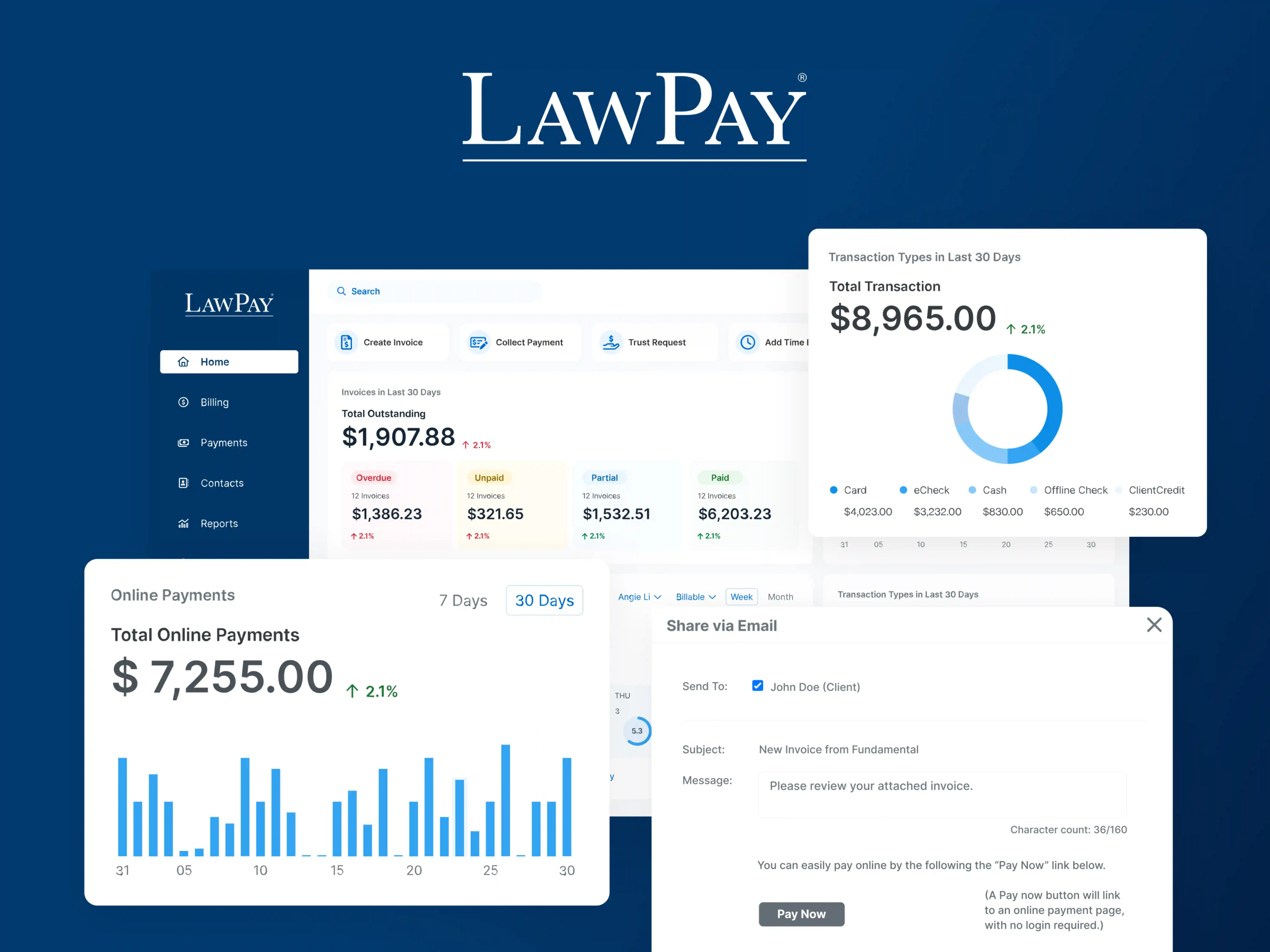Process servers are a critical piece to the litigation puzzle. Most legal cases are commenced by the filing of a petition. Once the petition is filed, you have to physically serve the other party in the case with the paperwork. Otherwise, the opposing party has no idea that anything has been filed, and a judge will not allow the person who filed the petition to proceed with their case unless actual service has been effectuated.
What does “being served” mean? Generally, when a litigant files their petition, they will reach out to a process server to get the opposing party served. They must pay for this service. The process server will pull the proper paperwork and citation from the county clerk and then will go about finding the opposing party so that they can physically serve them with the paperwork.
Once the opposing party is served, the case truly begins!
Even as technology evolves and courts pivot to adjust to these advances, the need for process servers has not dissipated. They are an integral part to the due process rights of every person living in the United States.
Process servers wear many hats and serve many different types of clients, from law firms to pro se litigants (people who represent themselves without an attorney). They serve documents and provide deposition assistance. They pull certified copies from the courthouse and obtain hearing dates. Serving such varied types of people in a myriad of ways means that process servers have needed to adapt the way they do business, including the way they take payments.
Many litigants who choose to represent themselves do so because they cannot afford to hire an attorney. When money is tight, but engaging a certified process server is required by their local jurisdiction, how are the litigants supposed to be able to pay?
Process servers should take care to offer payment options to their clients, be they attorneys or private citizens. This includes offering payment via credit card.
Service of Process During the Pandemic
After courts adjusted to the new normal under COVID-19, process servers adjusted right alongside their judicial colleagues and began to adapt their services to the pandemic. Everyone is getting used to the latest “contactless” court proceeding framework. Process servers are testifying over Zoom and masking up to serve respondents.
As social distancing and working from home continue to be the new norm, process servers have had to change the way they do business. Namely, they have had to completely overhaul how they take payments. Suddenly, process servers who traditionally have only allowed for cash or firm checks have expanded their options to include payment cards. When litigants and attorneys do not want to leave their homes, how else will process servers get paid timely if not online?
Benefits of Taking Credit Cards
When process servers obtain their certification, a world of possibilities opens up to them, with questions logically following. Chief concerns of a newly-minted process server are: (1) who is going to pay them; and (2) how will they get paid? When an attorney requests service of process, typically that attorney will cut a firm check to the server. When a private citizen requests service of process, they will likely drop by the server’s office and pay by check or cash.
The inability to allow for someone to pay by credit card might hamper a process server’s ability to get more money in their pocket. If a private citizen wants a document personally served, and they don’t have the available funds and/or their attorney won’t front them the money for the service, it is imperative that the litigant be able to pay for the service with a credit card. Process servers should ask themselves if they could potentially be losing out on revenue if they don’t allow for credit card payments. What’s more, the requests to pay by card will only increase as the pandemic trudges along.
As time goes on and debit and credit card usage increases (approximately 80% of consumers now prefer to pay for goods and services with a payment card), so does the necessity for process servers to provide their clientele with payment options beyond the traditional check. Especially now, given the socially-distanced state of affairs, how does a process server get paid if they are not at the courthouse and do not want to venture outside of their home unnecessarily? An easy option is to start offering payment via credit card, which would help make a business completely contactless.
With LawPay, a process server’s clients will be able to pay them with credit cards, debit cards, and eChecks. Process servers can then get paid at any time, from any place. Serving a respondent is stressful enough—getting paid shouldn’t be.
Schedule a demo to see what LawPay can offer your firm.
Book Now
About the author

Jordan Turk
